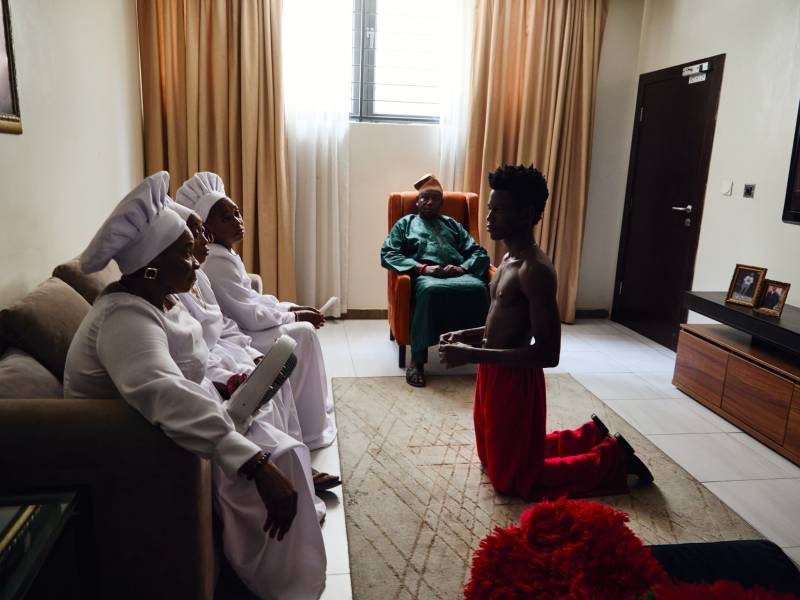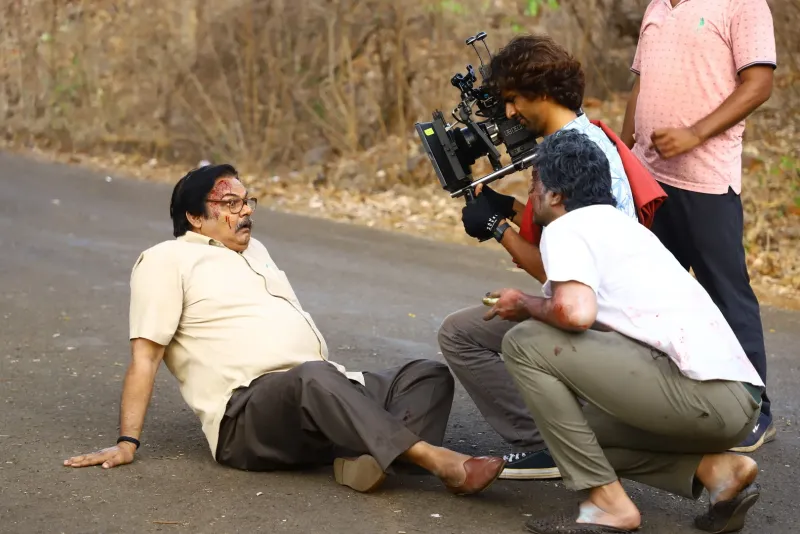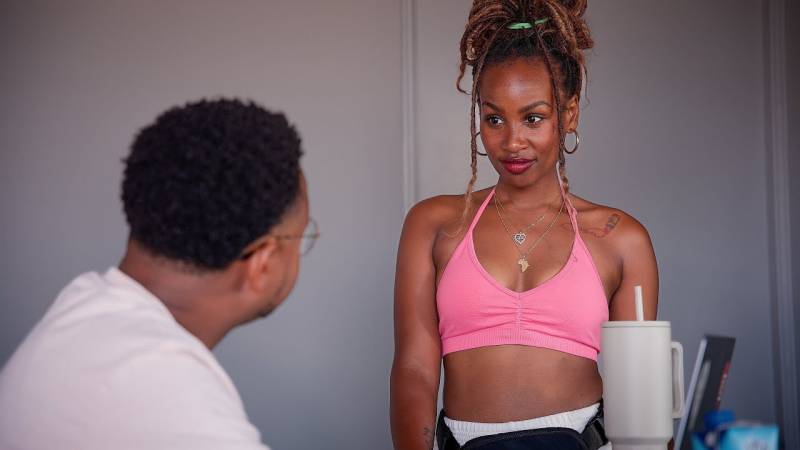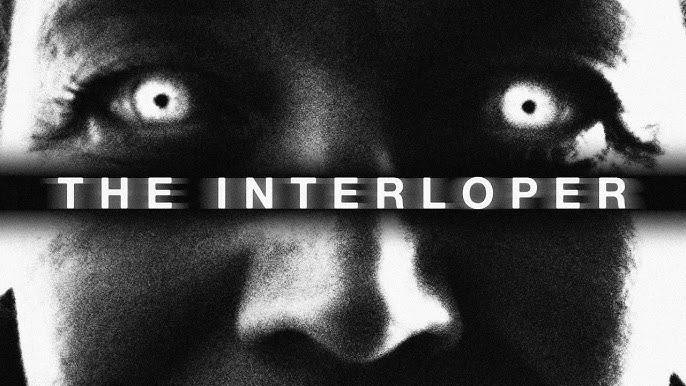There’s a bit of serendipity that some of ABC’s “Black-ish” takes place at an advertising agency, where Andre Johnson (played by Anthony Anderson) works. Throughout eight seasons of “Black-ish,” viewers have seen Dre dream up with ways to capitalize and promote various brands, both fictional (“Boxable”) and not (Starbucks).
As Dre was helping brands expand their footprint, so too was “Black-ish” turning into a lucrative and far-reaching franchise itself for Disney, ABC and creator Kenya Barris. The comedy concludes its eight-season run on April 19, but that doesn’t mean the end of the “-ish” universe. The show has already spawned multiple spin-offs, including “Mixed-ish” (which ran from 2019 to 2022) and Freeform’s “Grown-ish” — which will now continue with a new focus, as Junior (Marcus Scribner) enters college just as Zoey (Yara Shahidi) graduates. (Another potential spinoff, “Old-ish,” never made it to air.)
Barris continues as an executive producer of the universe, but he exited the day-to-day oversight of “Black-ish” several years ago. That duty fell to showrunner Courtney Lilly, who worked on both “Black-ish” and “Mixed-ish” and is now also transferring over to “Grown-ish,” where he has taken over the reins along with Zakiyyah Alexander. In some ways it’s reminiscent of how Dick Wolf kept the world of “Law & Order” going even after the original series ended its run, via extensions like “SVU.”
“I’m keeping the ‘-ish’ franchise alive and the ‘-ish’ franchise is keeping me alive,” Lilly says. “I’m extraordinarily lucky to be here. It’s great to be still in the world. I love working. We’re excited to see what people think as Marcus in this new world, see the new cast we’re bringing in.”
Besides being a hit in primetime, “Black-ish” was a rare off-network success story in this era of few broadcast sitcom hits, selling in syndication to station groups led by Tribune; in an SVOD deal to Hulu; and in a novel shared-window cable deal between BET Networks ($500,000 per episode) and FX Networks ($300,000 per episode). The show became such a lucrative part of the Disney empire that the company dubbed one of its local TV digital networks “Localish,” undoubtedly inspired by the “-ish.”
Meanwhile, because of its ad agency storylines, “Black-ish” was also able to add product integration into its stories — something that could be awkward at time, but Lilly says was necessary to stretch the show’s budget. “Honestly, it helps pay for things, to be able to do some of the things we do and get extra cast,” he says. “We licensed ‘Beat It’ from Michael Jackson’s estate for God knows how much money and had to license the choreography, all that stuff. It’s a little bit of making sure the money is spent well, that we do it well.”
“Black-ish” produced 175 episodes, and during that time, the show’s kids grew up, the outside world changed dramatically (all explored on the show, from Black Lives Matter to COVID-19), and television itself experienced a revolution.
“How many more eight season shows are we even going to see, and that will do 175 episodes?” Lilly asks.
Perhaps a return to “Black-ish,” or another iteration of the show might do just that. “We live in a world where literally, I’m sure every show that’s ever existed has been talked about being rebooted,” Lilly adds. “So who knows, nothing’s ever gone.”
On the awards front, the show’s accolades included AFI’s top shows list; a Peabody; multiple NAACP Image honors; a TV Critics Association award for comedy; and countless Emmy nominations, including four for best comedy, and numerous Emmy nods for both leads Anthony Anderson and Tracee Ellis Ross. The show won an Emmy in 2020 for contemporary hairstyling, for the standout episode “Hair Day.”
But the real legacy of “Black-ish” is its storytelling. “I think ‘Black-ish’ is a promise of what is yet to come in this industry,” says Ross. “Television can be entertainment, but also expansive in changing or supporting people and understanding humanity. And I think Black-ish did such a transformational job at that that we are leaving a space that I hope is a promise to be filled by the industry.
“The beauty of it is those things were born out of a really special show that Kenya very deliberately and specifically designed and then allowed it to blossom and grow into something that I think all of us had hoped, but none of us expected,” she adds. “To tell this story generationally to explore race, identity, culture, tradition, and through the lens of a character-driven comedy.”
Meanwhile, here’s a video featuring the cast at ABC’s “Black-ish” series finale event at Smithsonian National Museum of African American History and Culture in Washington D.C.:
The series finale of “Black-ish,” airs Tuesday, April 19 at 9 p.m. ET on ABC. The logline: “As Pops and Ruby prepare to move away, Dre and Bow consider if they should make a big life change as well. Grappling with this idea at work, Dre receives some unexpected advice from Simone Biles, who tells him to follow his heart.




